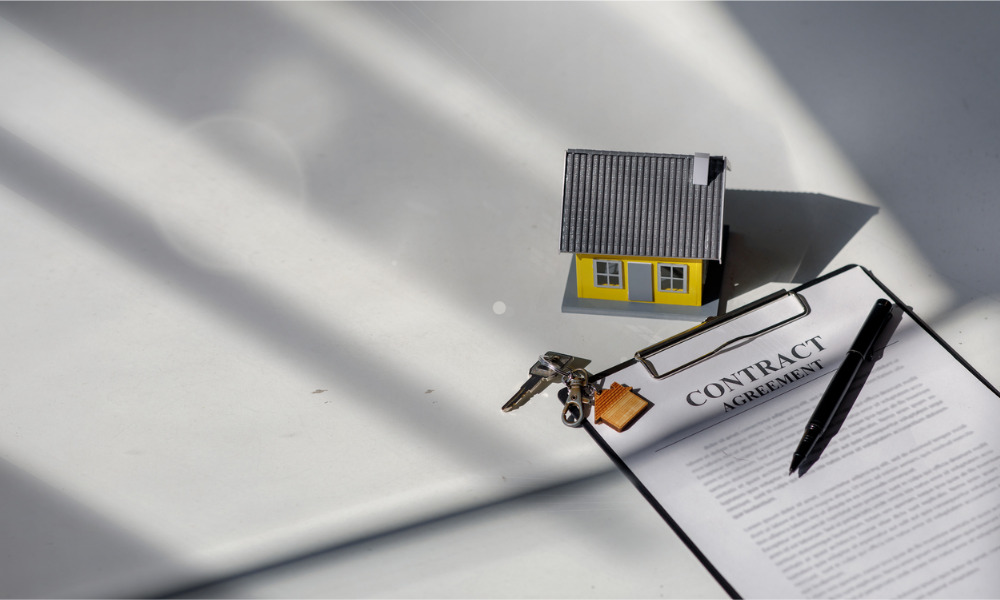Many don't know how the rising cash rate will impact their budget, survey finds

More than one in six homeowners don’t know how the Reserve Bank’s rate hikes will impact their budgets, and nearly a third do not even consider the possibility of a rate hike when budgeting for a mortgage, according to a new poll.
The study, conducted by mortgage brokerage Aussie, also found that nearly two in five mortgage holders only budgeted for a cash rate of 3% or under.
Karen Sorrenti, Aussie state broking manager, told The Australian Financial Review that this lack of understanding could lead to financial distress as rates continue to climb.
About a fifth of homeowners with mortgages don’t know at what level the cash rate will cause them “significant mortgage distress,” the survey found. Of those who do know, more than half expect to be in significant mortgage distress if the cash rate reaches 3%. Nearly one in five homeowners with mortgages are already feeling significant distress, AFR reported.
If the cash rate hits 2%, about 30% of mortgage holders would be experiencing significant distress, while that number would rise to about 40% if the rate hit 2.5%.
Read next: RBA’s interest hikes will bring more pressure to homeowners – report
“With increased cost-of-living pressures, there’s no doubt this is a stressful time for many Australians, particularly mortgage holders,” Sorrenti told AFR. “However, a staggering number of mortgage holders have not taken action or investigated their alternative options, which is one key factor in addressing the mental and emotional strain.”
The Aussie survey found that only one in seven mortgage holders have reviewed their home loan since the RBA’s first rate hike.
“If homeowners do not realise the impact of rising rates, mortgage stress has the ability to debilitate your physical and mental health, personal relationships and decision-making capacity,” Sorrenti told AFR. “I would encourage mortgage holders to calculate the percentage of their income that goes towards their repayments, and if it’s over 30%, you are at risk of mortgage stress. Instead of continuing to feel stress, we really encourage mortgage holders to know their options and to take action early. Reaching out to a local expert can help support mortgage holders to know their options and take the right steps to help manage increasing costs of living and reduce the chance of them being forced to sell.”
The survey found that more than a third of mortgage holders admit that they think about the impact of the rising cash rate constantly, and that avoiding default on their mortgage is not a major consideration, AFR reported. About 80% said that rising rates and conversations about the cost of living have caused some level of stress, concern or tension in their household.



